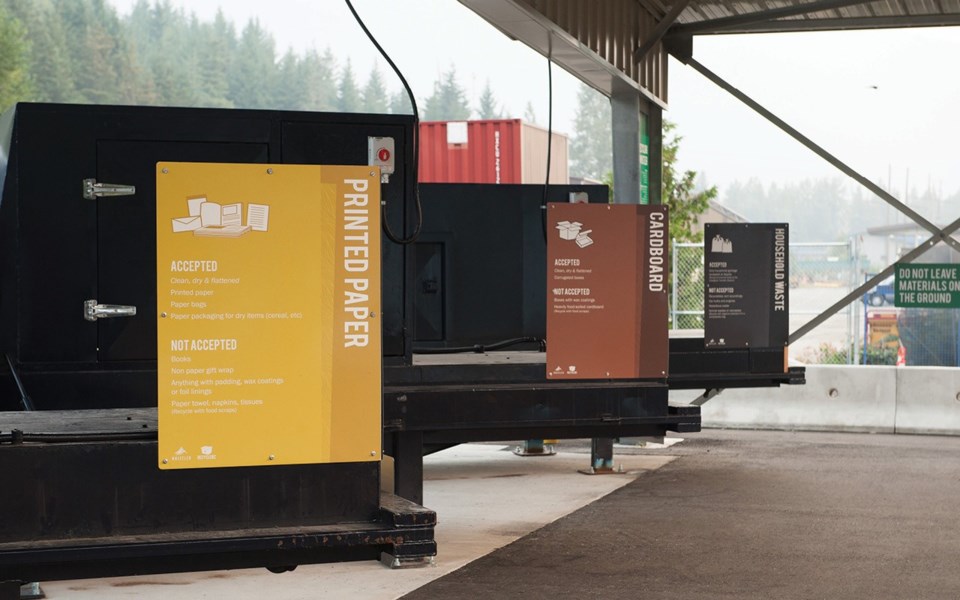Though Whistler Councillor Arthur De Jong had hoped to see a single-use-plastic ban by the end of the summer, the Resort Municipality of Whistler (RMOW) is "not quite there yet."
With the provincial government calling for submissions on reducing plastics, the District of Squamish and the District of Tofino drafted a joint letter highlighting five requests: prioritization of reduction and reuse over recycling and disposal; clarification of local government authority; a "stepped" or phased approach to regulation; improvement of extended producer responsibility programs; and adequate consultation (the public has until Sept. 30 at 4 p.m. to submit comments of their own at cleanbc.gov.bc.ca/plastics).
On Sept. 17, Whistler council voted to add its name to the joint submission.
One of the five requests, in particular—a clarification of local government authority—stands out for De Jong.
"It's a real stumbling block for us in that over 80 per cent of carbon emissions and waste are generated at the local level, however, local governments cannot enact specific bylaws to reduce greenhouse gas emissions or waste," De Jong said at the Sept. 17 council meeting, adding that he will be "really driving this point" in a meeting with environment and climate change minister George Heyman at the Union of BC Municipalities Convention this week.
"We will not get the global, the state or the province goals achieved if we cannot have those powers at the local level, so I'm really going to work that harder."
But there's more to Whistler's waste than just plastic.
At the Sept. 17 meeting, council heard an update on the municipal solid waste program, as well as local efforts to reduce waste moving forward.
Though a new solid waste bylaw requiring all businesses and stratas to separate waste into three streams (food-scrap organics, recyclables and landfill waste) was introduced in 2017, Whistler's per-person waste generation remains slightly off target.
"As it exists today, there is a provincial target of 350 kilograms [of landfilled waste] per person," said manager of transportation and waste management Andrew Tucker in a presentation to council.
"In 2018, the community of Whistler was around 389 kg per person, which is going in the right direction."
Whistler's waste diversion rate has also improved over the last decade—from 41 per cent in 2008 to 61 per cent in 2018.
"Which is not bad, but it just tells us that we have a lot further to go," Tucker said.
"Zero-waste threshold is around 90 per cent, so that's a big target that we need to try and achieve."
Compostable materials at the Whistler Transfer Station have also dropped by 14 per cent since 2012, Tucker said.
But with the commercial and strata sectors continuing to be the biggest waste generators locally, more outreach is needed.
"We're planning to hold workshops this fall where we're going to invite hotel staff [and] stratas, but focus on cleaning departments and cleaning companies that operate in Whistler," Tucker said. "Because we know that if waste is expensive to move and to manage, and if we can get the cleaning groups to understand about separating waste properly, then that's going to lead to a lot less effort down the road."
The terms of reference for a new Zero Waste Committee are also being drawn, and expected to be brought forward "later this year," Tucker said.
Find more at whistler.ca/wastereduction.




